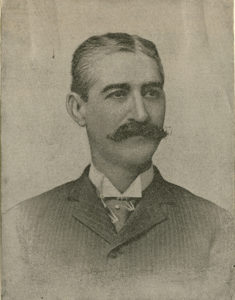History
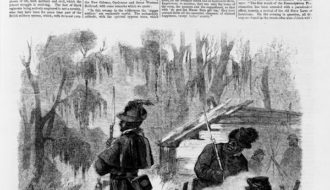
African Americans in the Civil War
African Americans, both freed and enslaved, played critical roles in Civil War Louisiana.

African Americans, both freed and enslaved, played critical roles in Civil War Louisiana.
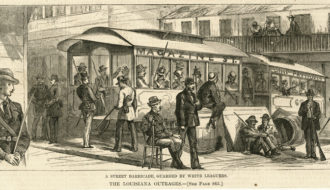
The Battle of Liberty Place, September 14, 1874, effectively brought an end of Reconstruction policies in Louisiana.
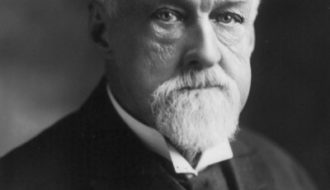
The policies and ambitions of Bourbon Democrats dominated Louisiana's political and social life in the late nineteenth and early twentieth centuries.

Nystrom's book explores the backstory of Italian New Orleans
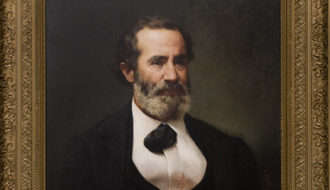
The white supremacist group Knights of the White Camellia emerged during Reconstruction, and were referred to as Louisiana's version of the Ku Klux Klan.
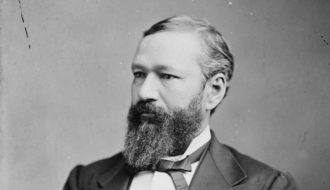
After serving as a Union officer in the Civil War, P. B. S. Pinchback became the first Black governor in the United States.

Probably best known today for being the only African American to serve as governor of a southern state during Reconstruction, P. B. S. Pinchback was a politician of enormous talent and remarkable longevity.
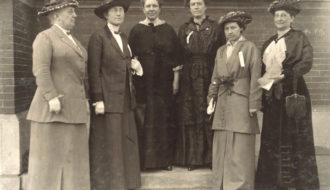
The Progressive movement that swept across the United States at the turn of the twentieth century brought changes to many of the nation's social and political institutions, including those in Louisiana.
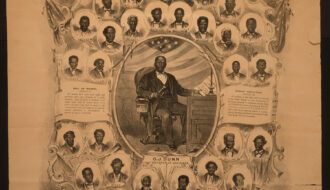
The post-Civil War period is known as the Reconstruction era, when the former Confederacy was brought back into the Union.
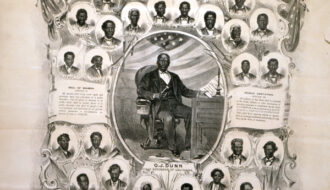
The post-Civil War period in US history is known as the Reconstruction era, when the former Confederacy was brought back into the Union.
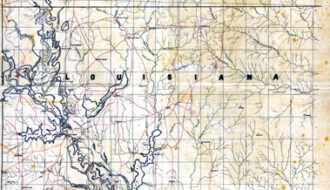
In the 1864 Red River Campaign, Union troops attempted but failed to surround Confederate forces in northwestern Louisiana.
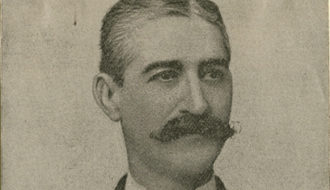
After the murder of New Orleans police chief David Hennessy in 1890, political conflict between reformers and ward bosses resulted in mob violence and lynching, and eleven Sicilians were killed.
One-Year Subscription (4 issues) : $25.00
Two-Year Subscription (8 issues) : $40.00
